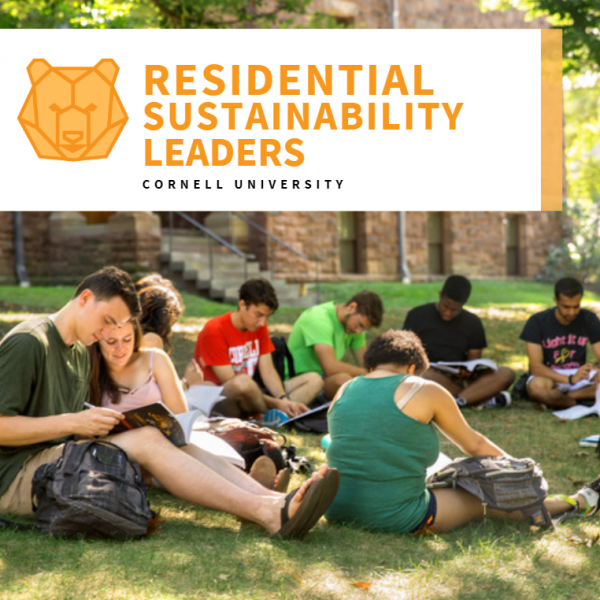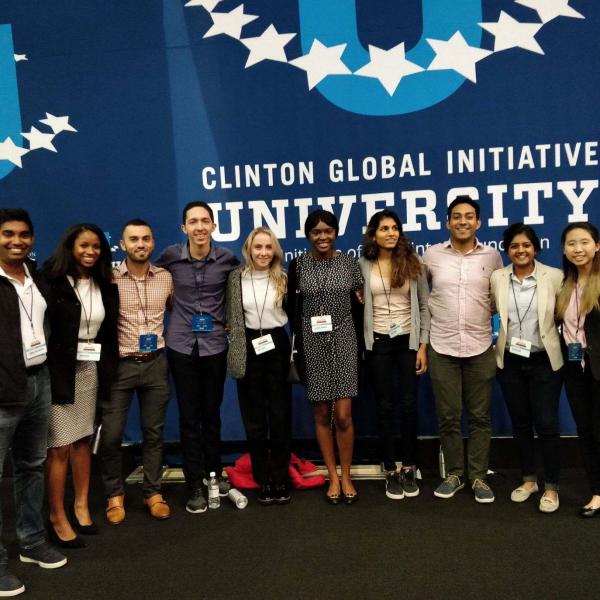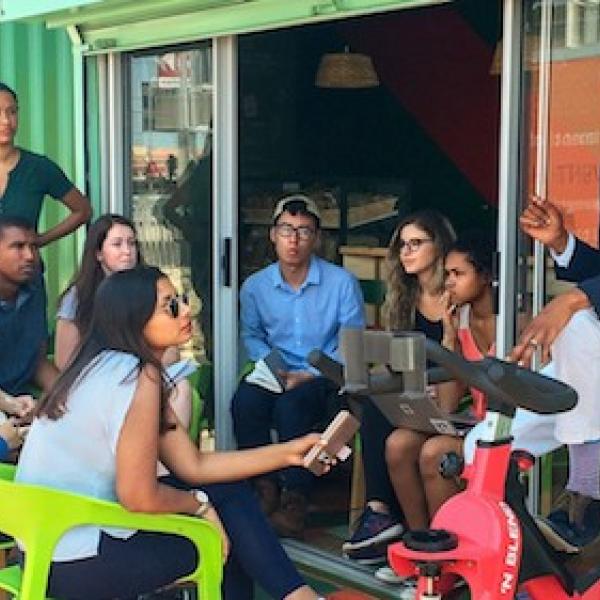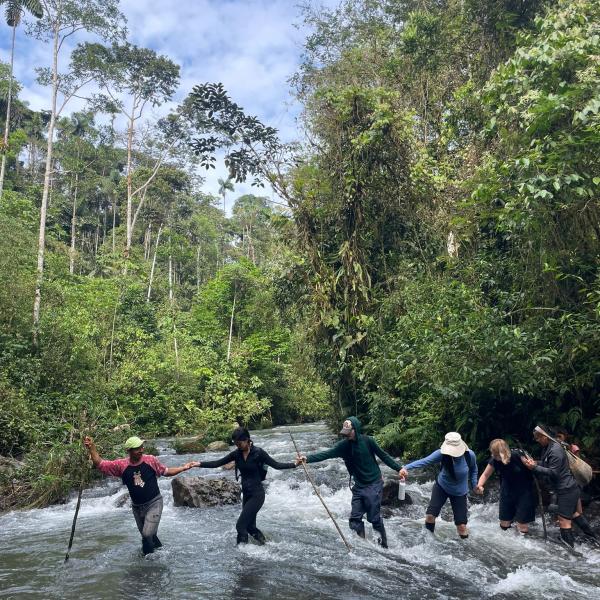Overview
Intergroup Dialogue for Graduate Students and Postdocs
Through an interactive process known as intergroup dialogue, this course provides participants with the opportunities to explore how their social identities shape their professional choices and teaching/learning styles, how to build capacity to have meaningful dialogue and effective collaborations across social, cultural and power differences, and explore the power of alliances when seeking to create an inclusive environment.
Graduate students and post-doctoral scholars are required to communicate and work across cultural, social, and power differences on a daily basis. They interact with mentors, colleagues, undergraduate students, and professors in a variety of academic settings, and need to navigate different spaces, ways of thought, and academic practice. Throughout their long and complex training, many of them are also occupied with questions and thoughts about the scholars and professionals they want to become, and how different aspects of their identity might influence their "professional persona." This course provides a space for a group to come together for two weeks to connect in a deep and personal way across differences through activities designed to stimulate critical reflection of social identities and power dynamics in society. Through this process, our participants gain the skills and confidence to engage in difficult conversations in an empathetic way that allows for authentic dialogue.
The Intergroup Dialogue Project, the Graduate School, and the Center for the Integration of Research, Teaching, and Learning, have been working together to create a meaningful process for graduate students and post-doctoral scholars to explore their social identities, to practice communication across difference, and to think together about authentic diversity in academia. This peer-led course enables participants to reflect on their personal experiences related to such issues, but to also explore ways through which they can promote equity and inclusion in their academic spaces and circles.
This program offering for Graduate Students and Postdoctoral Scholars has been made possible through funding support from the Graduate School Office of Inclusion and Student Engagement, CU-CIRTL, the Graduate School's ETS/CGS Award for Innovation in Promoting Success in Graduate Education, and the National Science Foundation-funded Cornell CIRTL AGEP Project under Grant No. 1647094.






